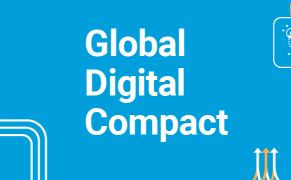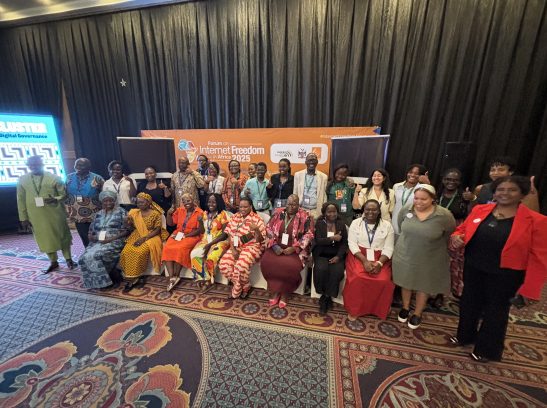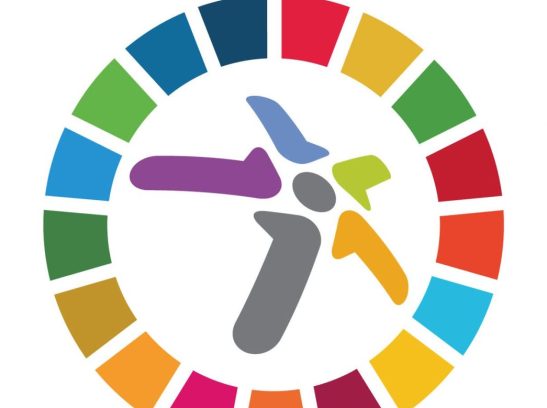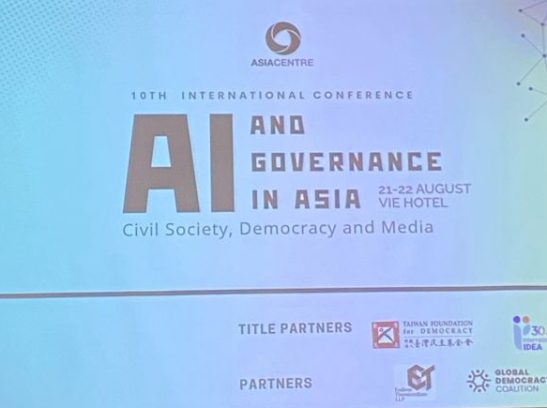For the past 18 months, AUDRi has followed the drafting process for the UN’s Global Digital Compact (GDC). The GDC will be an agreement between all member states to address the ‘missed uses’ and ‘misuses’ of digital technology. Our interest in the process is rooted in making sure that gender equality efforts are a core part of these discussions, given the gender dimension of the digital divide, and the ways that potential digital harms disproportionately affect women and girls.
To achieve this, we’ve taken part in multiple consultations about the GDC’s structure and content and convened international meetings of civil society organizations to inform our advocacy with contributions from diverse stakeholders and experts in digital and human rights. Last year we set up a coalition including UN Women, UNFPA, Derechos Digitales, Association of Progressive Communications, Women at the Table; Digital Rights Foundation and AUDRi supporter POLLICY. Together we’ve organised and supported meetings with governments from around the world to introduce our ‘Feminist Principles for the GDC’ which have been co-authored by the coalition.
And, finally, negotiations have begun!
The first draft (called the ‘zero draft’) was released at the beginning of April and we think it’s a strong starting point. In particular we are pleased to see our key recommendation included: a standalone principle on gender equality. The goal of this principle is to make sure women meaningfully participate in and lead in the digital space; and that online gender-based violence is eliminated.
We were also pleased to see principles included on environmental sustainability; human rights and the importance of a multi-stakeholder approach. In fact, most of our Feminist Principles were reflected in the draft alongside: proposed concrete commitments for member states to sign up to, as well as proposed mechanisms for reviewing progress against commitments.
Where can it be improved?
- Although the pursuit of gender equality is a principle in the zero draft, the idea is not yet properly mainstreamed throughout the document. For example we’re asking for the collection of disaggregated data to measure whether states are making progress towards bridging the gender digital divide (where women around the world are less likely to be able to access the internet than men (62% vs 57%). Additionally there is still a need to address the many barriers that women face when accessing and using digital technologies and the internet.
- We are also asking for ‘gender responsive’ innovation standards and public procurement policies, and recognition that gender-based violence that occurs through or is amplified by the use of technology is a continuum of the offline experiences of women and girls.
- The language on human rights can also be improved, and we propose the adoption of ‘human rights by design’ principles at all stages of tech development and deployment, to prevent harmful bias and discrimination against marginalized groups of people.
- Finally, although there is a principle on ensuring the environmental sustainability of digital technology, there is no language in the document which commits states to limit the growing energy consumption of digital technology; the increased need to use water to cool data centers; or harmful impacts from the extraction of natural resources which fuel the new technologies.
We will bring you further updates as the negotiations progress, and as we continue to advocate for a shared digital future which is beneficial to us all.





